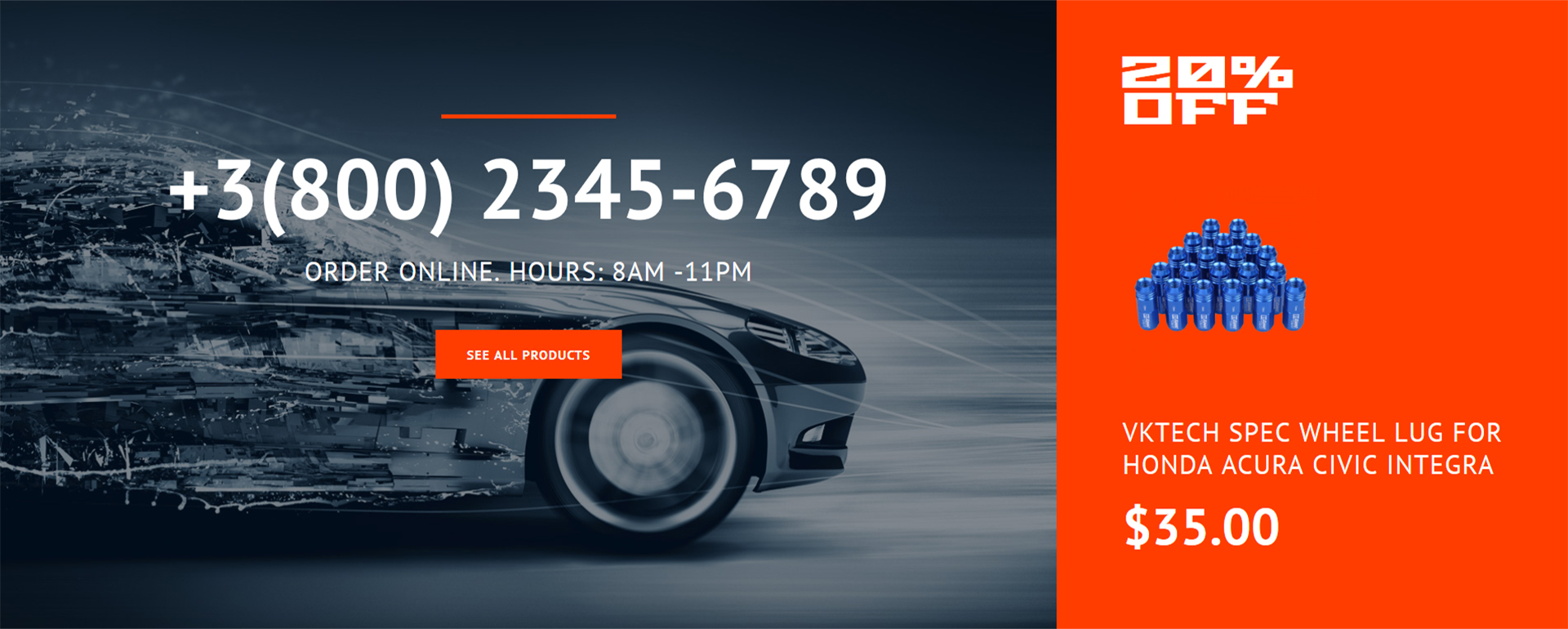seals it inner axle seals
Understanding Inner Axle Seals Importance, Function, and Maintenance
In the realm of automotive engineering, every component plays a vital role in ensuring the smooth operation of a vehicle. Among these components, inner axle seals often go unnoticed, yet they are crucial for maintaining the integrity of the axle assembly and the overall functionality of the vehicle. This article delves into the importance, function, and maintenance of inner axle seals, making it clear why these small yet significant components should not be overlooked.
What are Inner Axle Seals?
Inner axle seals are specialized components positioned at the interface between the differential housing and the axle shafts in a vehicle. Their primary purpose is to prevent the leakage of lubricant from the axle assembly. The differential fluid reduces friction within the gears and ensures that the axle operates efficiently. Without proper sealing, this lubricant could escape, leading to a multitude of performance issues, including overheating and eventual failure of the axle.
The Importance of Inner Axle Seals
The importance of inner axle seals cannot be overstated. These seals serve several critical functions
1. Preventing Fluid Leaks Chief among their responsibilities is the prevention of differential fluid leaks. A leak can lead to insufficient lubrication, causing increased friction, wear, and potential damage to the axle assembly.
2. Maintaining Pressure Balance Inner axle seals help maintain the pressure balance within the axle assembly. This balance is essential for the proper operation of the differential and ensures that power is distributed effectively to the wheels.
3. Protecting Against Contaminants These seals also act as a barrier against dust, dirt, and other contaminants that could otherwise enter the axle assembly. Keeping these contaminants out is vital for preserving the health of the internal components.
seals it inner axle seals

4. Extending Component Life By preventing fluid leaks and protecting against contaminants, inner axle seals ultimately contribute to the longevity of the axle assembly and associated parts, such as bearings and gears.
Signs of Failure
Understanding the signs of inner axle seal failure is crucial for vehicle owners. Common symptoms include
- Fluid Leaks If you notice oil or differential fluid pooling under your vehicle, it could indicate a seal that has failed. - Unusual Noises Grinding or whining noises coming from the differential area may suggest inadequate lubrication due to a leaking seal. - Increased Wear If you experience excessive wear on tires or components connected to the axle, it may correlate with the performance issues caused by a compromised inner axle seal.
Maintenance and Replacement
Maintaining inner axle seals is an often-overlooked aspect of vehicle upkeep. Regular inspections during routine maintenance can help catch potential issues early. During these inspections, mechanics will look for signs of leakage, cracking, or other deterioration.
Replacement of inner axle seals is typically recommended if any signs of wear or damage are evident. The process involves removing the axle shafts, replacing the seals, and then reassembling the components with care to ensure a proper fit and seal. While this task can be complex, it is critical for maintaining the integrity of the axle assembly.
Conclusion
Inner axle seals may be small components, but they play a big role in the overall health and performance of a vehicle. Their ability to prevent fluid leaks, maintain pressure, and protect against contaminants is essential for the longevity of the axle assembly. For vehicle owners, understanding the function and importance of these seals can aid in timely maintenance and repairs, ensuring a smoother and more reliable driving experience. Regular inspections and prompt attention to any signs of seal failure can save significant time and money in the long run, helping to keep your vehicle running efficiently for years to come.
-
Simplifying Oil Changes: A Comprehensive Guide to Oil Drain Plugs and Their Variants
News Aug.04,2025
-
Mastering Oil Drain Maintenance: Solutions for Stripped, Worn, and Upgraded Oil Plugs
News Aug.04,2025
-
Fixing Oil Pan Plug Issues: Leaks, Stripped Nuts, and the Right Replacement Solutions
News Aug.04,2025
-
Everything You Need to Know About Oil Drain Plugs: Sizes, Fixes, and Upgrades
News Aug.04,2025
-
Choosing the Right Oil Drain Plug: A Guide to Sizes, Materials, and Drain Innovations
News Aug.04,2025
-
A Complete Guide to Automotive Drain Plugs: Types, Problems, and Innovative Solutions
News Aug.04,2025
-
The Ultimate Guide to Car Repair Kits: Tools and Essentials Every Driver Should Own
News Aug.01,2025
Products categories















